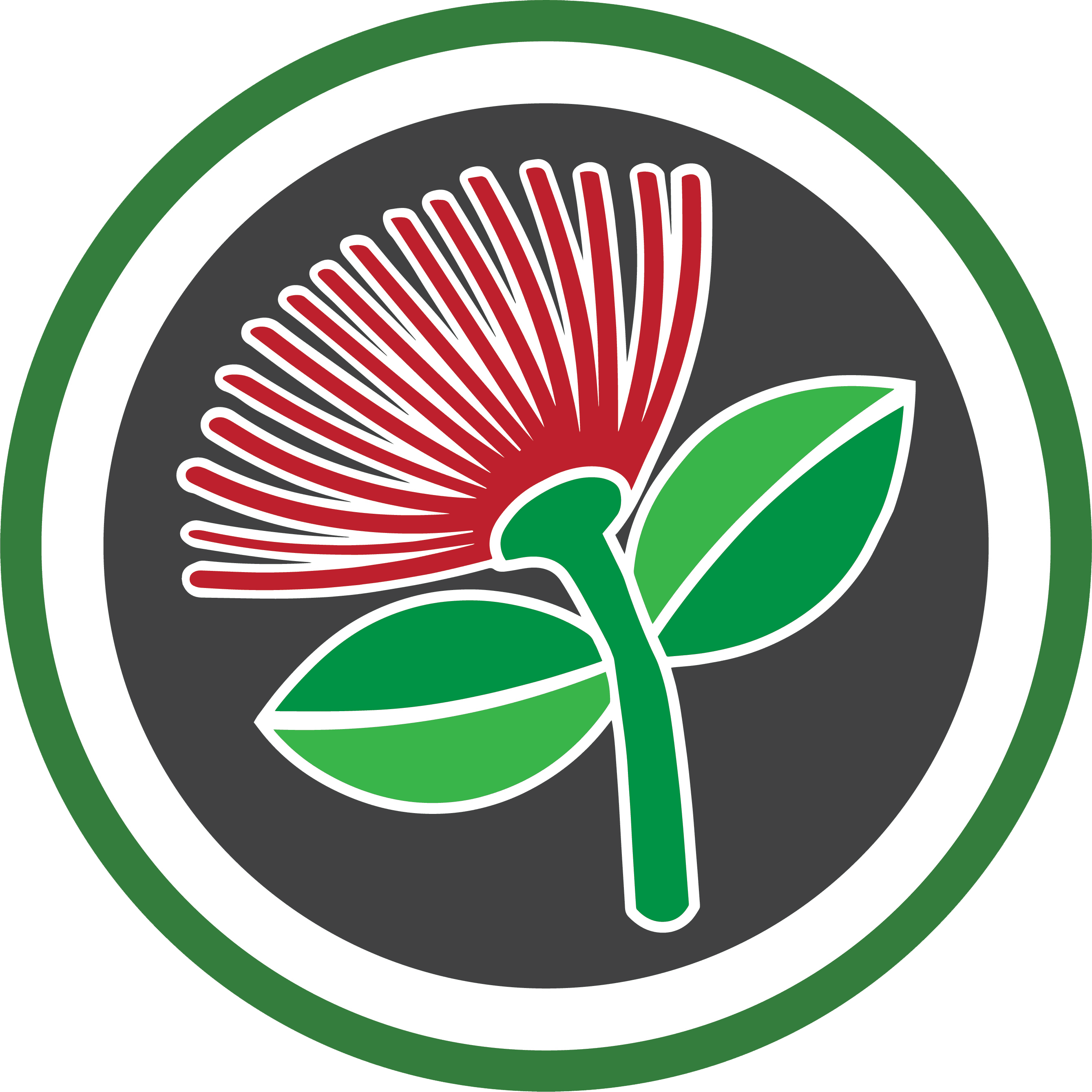Student Life & Learning
Our Classrooms
Learning Environments at Rāroa
For some parents the change in learning environments can feel a bit like the plane is being redeveloped while they are in the air or that the education system is “experimenting” on their children. This is by no means the case. Every decision is carefully thought out and aligned with research and professional development.
We always start with a focus on effective teaching and learning (with the pre-adolescent in mind) before making any changes to the physical environment.
For two years we intensively researched ‘best practice’ – Asking the question – ‘What is best for our students today and for their futures.
Our learning environments compliment ‘best practice.’ This was acknowledged by the Education Review Office (ERO) in 2016. We have a huge commitment to professional development and continue to work towards providing the best possible learning models to support our students.
We have very talented teachers who have a wealth of expertise and relevant knowledge to draw upon.
We also ensure that we are not getting rid of what works – ‘If it’s not broken, don’t fix it’. This can be framed using the terms:
Antiquated – Classical – Contemporary.
When it comes to developing learning spaces, we believe one of the most important things is to have flexibility, to enable collaborative work, quiet work, creative work, individual needs, tables and desks, relaxing furniture. As well as being able to draw on the skills and talents of a dedicated team of teachers.
We also went to workshops and conferences to hear experts including:
Mark Osborne, Sir John Jones, Sugata Mitra, Simon Breakspear, Eric Mazur, Kevin Honeycutt, Ron Berger, Hamish Curry (NoTosh)… And many more.
